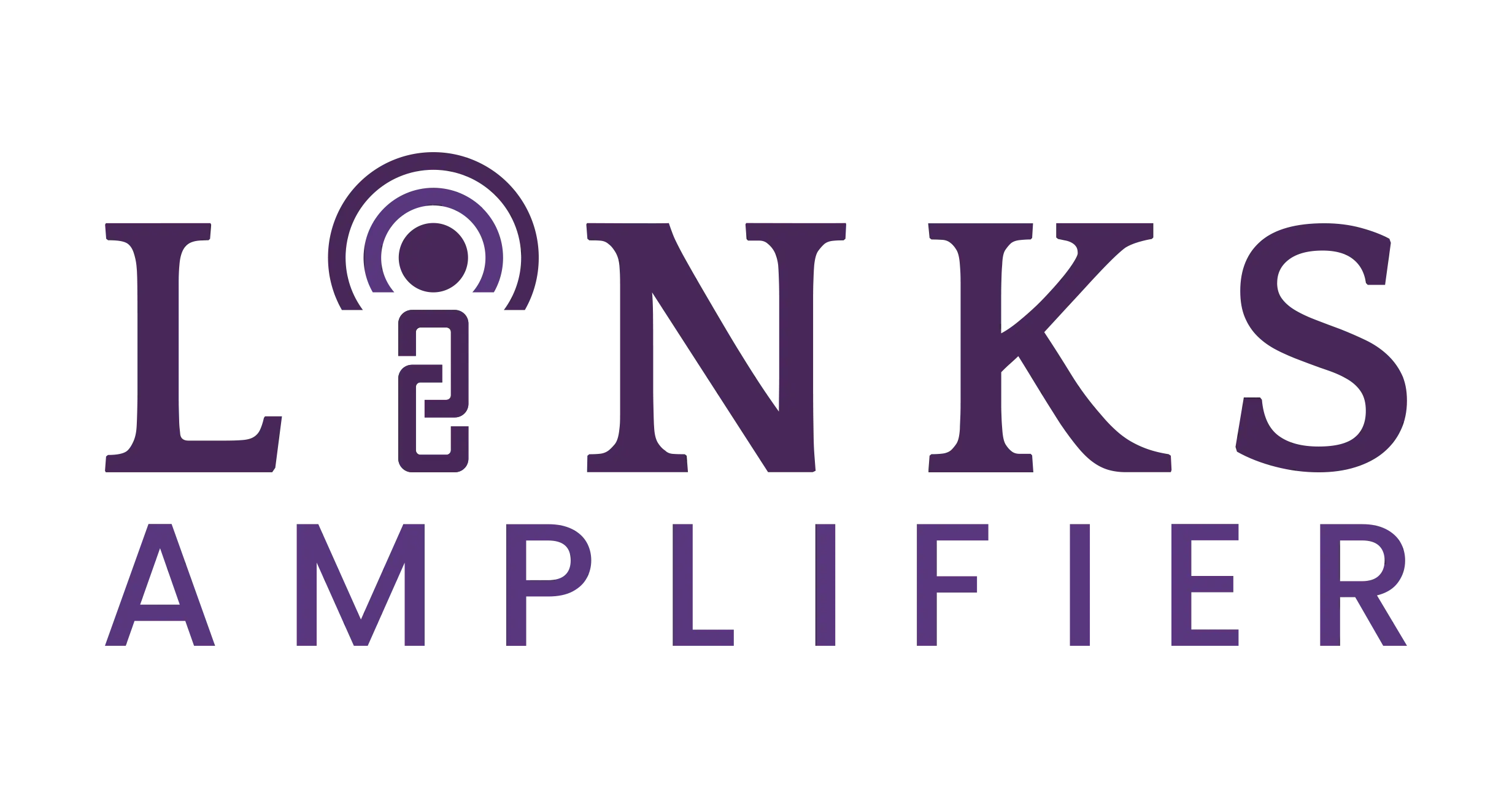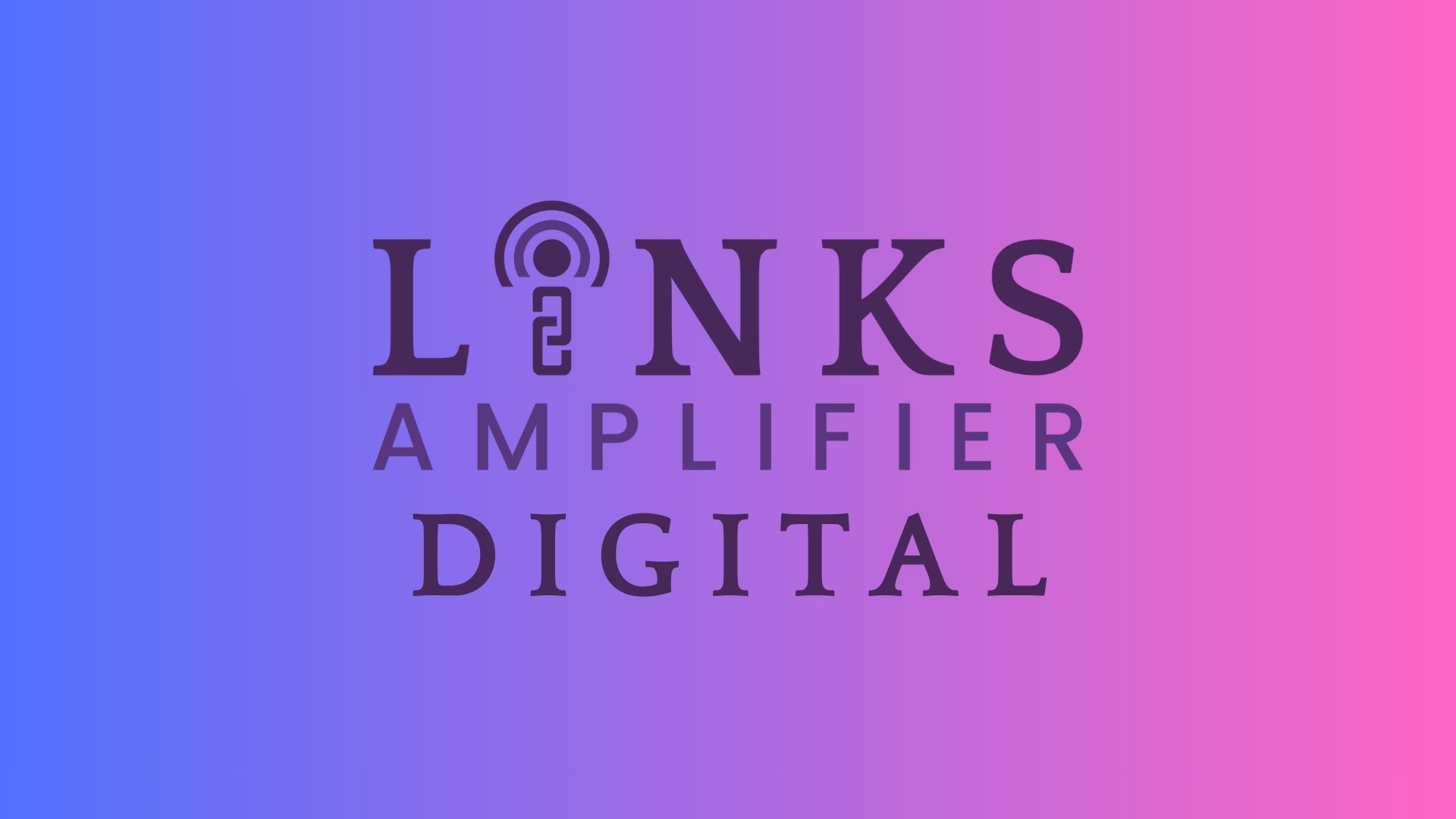Brand mentions are the modern way businesses experience word-of-mouth marketing online. When customers or websites mention a brand, even without a direct link, they establish trust and enhance the brand’s visibility. These mentions act as digital word-of-mouth, helping businesses build credibility in a crowded online space.
Unlike traditional ads, brand mentions come from real experiences shared on social media, blogs, and forums. This makes them more authentic and often more effective at influencing potential customers. Tracking and encouraging brand mentions can help companies expand their audience without incurring significant expenses on paid ads.
As digital conversations multiply, brand mentions become essential for businesses to stand out. By understanding their value and learning how to utilize them, companies can transform everyday conversations into effective marketing tools.
What Are Brand Mentions?
Brand mentions are instances where a business’s name or products appear online. These mentions help show the brand’s presence and influence across the web. They can take different forms depending on how the brand is referenced and where the mention happens.
Direct, Indirect, Linked, and Unlinked Mentions
Direct mentions include instances where a brand’s name is clearly stated, such as “XYZ skincare.” Indirect mentions occur when the brand is described without being named, such as “the serum with the blue label.”
Linked mentions have clickable links that take users directly to the brand’s website. This helps with visibility and SEO because search engines see the connection.
Unlinked mentions just name the brand without a link, but still count. These can also be powerful signals to search engines and help build brand awareness.
Where Brand Mentions Appear Online
Brand mentions can appear across multiple online platforms and content types, including:
- Media mentions: Appear in news articles, press releases, interviews, or podcasts where a brand is discussed or recommended.
- Social media mentions: Found on platforms like Instagram, Facebook, TikTok, or X (Twitter), either through direct tags or casual mentions in posts and comments.
- Blog posts: Bloggers may reference or review a brand within articles, roundups, or industry insights.
- Forums and community discussions: Appear on platforms like Reddit, Quora, or niche industry forums where users share opinions and experiences.
- Customer reviews: Found on sites such as Google Reviews, Yelp, or Trustpilot, where customers describe their firsthand interactions with a brand.
Even when these mentions don’t include a link, they still contribute to brand visibility, credibility, and online reputation by reflecting authentic user experiences and organic conversations.
Digital Word-of-Mouth: Why Brand Mentions Matter
Brand mentions influence how customers view a business and shape its public image. They affect trust levels and help a company control its reputation in real time.
Brand Mentions as Trust Signals
Brand mentions act as clear signals of trust. When customers see others talking about a brand, especially through reviews and social media posts, they are more likely to believe in its credibility.
Positive brand mentions show real experiences, which build customer sentiment. These organic mentions, whether linked to a website or not, carry more weight than paid advertisements. They reveal honest opinions from users, increasing trust in the brand.
Monitoring brand sentiment from these mentions helps a business understand how customers feel and respond quickly to improve or maintain trust.
Impact on Brand Image and Reputation
Brand mentions directly affect brand image and online reputation. Positive mentions enhance how people perceive a company and can attract new customers.
Conversely, negative mentions signal issues that need attention. By tracking these discussions, a business can address concerns and manage public perception before problems escalate.
Regularly evaluating brand reputation through mentions allows companies to align their image with customer expectations. This ongoing process helps maintain a balanced and accurate portrayal in the digital space.
SEO Impact of Brand Mentions
Brand mentions influence how search engines view a business’s credibility, relevance, and authority. Both linked and unlinked mentions play a role in building brand awareness and helping a site perform better in SEO rankings.
Brand Mentions vs Backlinks
Backlinks have long been a key SEO factor. They show direct connections by linking one site to another, passing authority, and helping rankings. However, brand mentions without links also carry weight today.
Search engines can recognize unlinked brand mentions as signals of trust and relevance. When a business is frequently discussed on blogs, forums, or social media, even without hyperlinks, it builds digital word-of-mouth that search engines notice.
Unlike backlinks, brand mentions help paint a broader picture of brand presence. They indicate the brand’s reputation beyond just site connections. This shift means businesses benefit from conversations and brand awareness just as much as from traditional link-building.
Linked and Unlinked Mentions in SEO
Linked mentions include hyperlinks that lead directly to a website, boosting SEO by improving site authority. These are still valuable because they send clear, trackable SEO signals.
Unlinked mentions, often called “implied links,” happen when a brand is named but not linked. These mentions show search engines that the brand exists and is talked about, helping build trust and relevance.
Both types contribute differently. Linked mentions drive direct SEO value through link authority. Unlinked mentions support brand awareness and help search engines understand the brand’s role in its industry.
Together, they form a more complete SEO strategy that reflects real-world conversations about the brand. Tracking both linked and unlinked mentions helps optimize visibility and enhances long-term SEO impact.
Social Media’s Role in Brand Mentions
Social media plays a key role in shaping how a brand is seen online. It offers a space where brands gain visibility and get direct feedback from customers. Monitoring and listening to these interactions helps businesses understand customer feelings and improve their reputation.
Social Media Platforms and Brand Visibility
Social media platforms like Instagram, Facebook, TikTok, and X provide multiple ways for brands to be mentioned. These mentions include tags, hashtags, comments, and posts. A direct mention, such as using @-tags, boosts a brand’s visibility by showing its name clearly to a large audience.
Brands also benefit from indirect mentions where users discuss products or services without tagging the brand. These can impact customer perception just as much.
Using social listening tools, companies track mentions across these platforms to catch opportunities to engage or respond. These mentions act as social proof by showing potential customers that others are talking about and trusting the brand.
Engagement and Customer Feedback
Engaging with social media mentions allows brands to respond to praise or criticism quickly. This builds trust and shows customers the brand cares about their opinions.
Monitoring mentions gives real-time insights into customer feedback. Positive mentions highlight satisfaction, while negative ones reveal problems needing attention. Social media monitoring enables brands to act fast, improving their image and relationships.
By using social listening, companies understand the mood around their brand. This feedback helps with product improvements, marketing strategies, and stronger customer care.
Monitoring and Measuring Brand Mentions
Tracking brand mentions helps businesses understand where and how their brand is discussed online. It involves monitoring various channels, such as social media, blogs, news sites, and forums, to gain insights into brand visibility and reputation.
Brand Monitoring and Media Monitoring
Brand monitoring covers tracking all mentions of a business’s name, products, or services across different platforms, including social media, review sites, forums, and blogs. It helps companies assess customer sentiment, measure the impact of marketing, and identify trends early.
Media monitoring is focused on tracking mentions within traditional and digital media outlets, including news articles, TV, radio, podcasts, and industry publications. It provides a broader view of public perception and media coverage beyond social channels.
Both types are important as brand monitoring captures real-time conversations and customer feedback, while media monitoring gathers formal coverage and wider public exposure that influences brand reputation.
Tools for Tracking Brand Mentions
There are several tools companies use to monitor mentions efficiently:
- Google Alerts: A free option that sends notifications when a brand name appears online.
- Social listening tools like Sprout Social and Mention monitor social media for direct and indirect mentions.
- Media monitoring tools like Ahrefs track mentions across news sites, blogs, and other web sources.
- Comprehensive platforms combine brand and media monitoring, allowing users to analyze sentiment, report trends, and measure impact.
Using these tools helps companies respond quickly to feedback and stay updated on their brand’s digital presence.
Leveraging Brand Mentions for Business Growth
Brand mentions help businesses build trust, show customer satisfaction, and attract new clients. By actively managing these mentions, companies can protect their reputation and use media outreach to increase visibility and credibility. This makes brand mentions a practical tool for steady growth.
Reputation Management and Crisis Response
Monitoring brand mentions gives businesses real-time insight into customer opinions. When positive mentions appear, they serve as valuable testimonials. These can be highlighted to build stronger trust with potential customers.
If negative mentions arise, a quick response is critical. A well-planned crisis management strategy helps contain damage by addressing issues openly and professionally. Companies often use social listening tools to spot problems early and guide the conversation toward resolution.
By tracking what is said about the brand, businesses protect their image and minimize harm from false information or misunderstandings. This process is essential for long-term reputation management.
PR Strategies and Media Pitches
PR agencies use brand mentions to craft targeted media pitches. These pitches focus on stories that show the company’s strengths, customer success, and industry relevance.
Positive brand mentions act as proof points in pitches, increasing the chances of media coverage. Companies can provide journalists with testimonials and data from social mentions to back their claims.
Strategic outreach helps create a cycle of awareness: as journalists publish stories, this generates new mentions and further visibility. Using brand mentions in PR campaigns makes efforts more credible and easier to promote.
Conclusion
Brand mentions are more than casual shoutouts. They’re powerful indicators of how the market perceives your business. Every mention, whether on social media, blogs, or major media outlets, contributes to your digital footprint and helps shape brand reputation.
By tracking, analyzing, and engaging with these mentions, businesses can strengthen customer trust, improve SEO visibility, and identify growth opportunities. Positive mentions act as organic endorsements, while negative ones provide valuable insights for improvement and crisis management.
Ultimately, brand mentions are the digital equivalent of word-of-mouth, authentic, influential, and vital for long-term success. The more strategically you monitor and leverage them, the stronger your brand’s credibility and online authority become.


